
The Penguin Book of Italian Short Stories is an anthology of forty Italian short stories edited by Jhumpa Lahiri. It includes stories by such authors as Alberto Moravia, Natalia Ginzburg, Primo Levi, Italo Calvino (The Baron in the Trees), Elsa Morante (Arturo’s Island), Dino Buzzati (Catastrophe & Other Stories), Luigi Pirandello (Six Characters in Search of an Author), Cesare Pavese (The Moon and The Bonfire), and others. I am reviewing six of the short stories below, and they all seem to revolve around limitations, hardships or eccentricities.
Silence by Aldo Palazzeschi (translated by Erica Segre and Simon Carnell) – ★★★★1/2
“There was not a moment in the day when silence did not fill the place entirely; there was not a single nook or cranny that the silence had not filled with the imposing solemnity of its presence.” Eccentric, reclusive man Benedetto Vai seems to have taken a vow of silence because he does not utter even one word to anyone, not even to his housekeeper Leonia, and this state of affairs seems to have been ongoing for years and years. And, then, he starts to accumulate the finest cutlery that seems to exist in the world. Is he preparing for some feast, and will the house be finally filled with voices? Palazzeschi gets his reader’s attention effortlessly by presenting, and with much finesse, a very unusual character who has one strange lifelong whim. The melancholic cadence is not as strong, but there is still this clear message that, at times, the greatest fight in a person’s life is their fight with themselves.
The Other Side of the Moon by Alberto Moravia (translated by Michael F. Moore) – ★★★★1/2
“Do I love my husband? Let’s just say that I’m fond of him. Besides, I don’t have time for thoughts like this“. This introspective short story details the thoughts of a bank employee/housewife/mother who bemoans that there are not enough seconds, minutes, hours in a day for her to think about or do anything that is not her stringent daily routine based on her role expectations. Naturally, the woman wants “out”, takes the boldest step in her life, and in the blink of an eye, all hell breaks loose. However, her illusion of an escape will not last. It is amazing how much Moravia packs in less three pages of text. This is one race of a story and from the point of view of one increasingly unbalanced, desperate mind.
A Geographical Error by Romano Bilenchi (translated by Lawrence Venuti) – ★★★★1/2
Apart from Buzzati, this is the closest story to certain Kafkaesque absurdity I read from this collection, and, thus, I liked it. It is about a boy in school who gets into an argument with his teacher whether or not his own native town, G., where the boy was born and raised, is in the Maremma, a region in Lazio and Tuscany. Certainly, the boy should know better (it is not), but the Professor is still adamant to prove him wrong. I like how straightforwardly, yet also unassumingly it deals with such themes as challenging authority, obedience, conformity, city vs. village contrast, bullying, and mistaken identity shaping the general perception.
Malpasso by Fausta Cialente (translated by Jenny McPhee) – ★★★★
“Malpasso is the name of the road that winds up the side of the mountain“, so begins this story, and on that road is the Maplasso cafe. Its most eccentric client is one old man with a strange, domineering wife. But, the man is having none of that. He is lost to his illusions and dreams, picturing a young, beautiful, kind bride as his wife, and being in love with Malpasso’s landscapes above anything else. The reality will crush over his head one day, but at least he has some time, or so he thinks…This tale from Fausta Cialente (1898-1994), one of Italy’s most elusive female authors who also won the Strega Prize, is gentle enough, but still packs quite a punch with its themes of aging and loneliness.
A Pair of Eyeglasses by Anna Maria Ortese (translated by Ann Goldstein and Jenny McPhee) – ★★★1/2
“My child, it’s better not to see the world than to see it“. Little girl Eugenia Quaglia finally has a chance to wear glasses and see everything around her clearly, but at the cost that is too hard to bear for her family – a lot of money. The family is poor, but they still manage to scrape enough money to buy new glasses for Eugenia. What will be the outcome? Anna Maria Ortese (1914- 1998) wrote about poverty like no other Italian author, incorporating into her writings her own early experience of hardship. A Pair of Eyeglasses is slight, but still suffused with much empathy, and the innocence and hope of childhood even in the background of familial hardship.
Melancholy by Goffredo Parise (translated by Jhumpa Lahiri) – ★★★1/2
This is a very short story by Parise (1929-1986), and a bit like A Pair of Eyeglasses, but in reverse. It is about the desire to fit in and find your group when you are young, and the great distress or melancholy that follows when it becomes hard or impossible. Girl Silvia has everything and is treated like a royalty in her summer camp because, unlike other children there, she comes from a rich family. However, this treatment is not what she wants. I find this story interesting, but more of a life snapshot or short episode, rather than a fully-fledged short story.


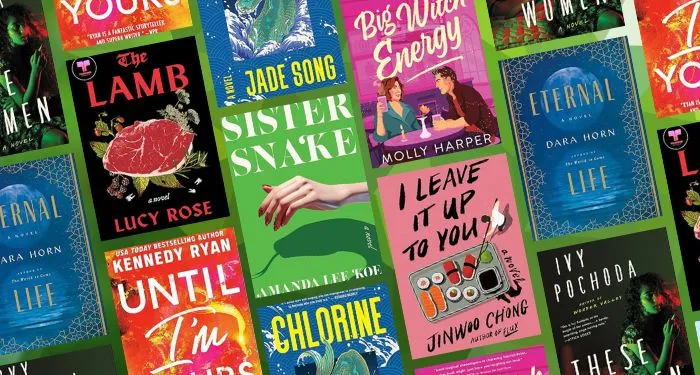



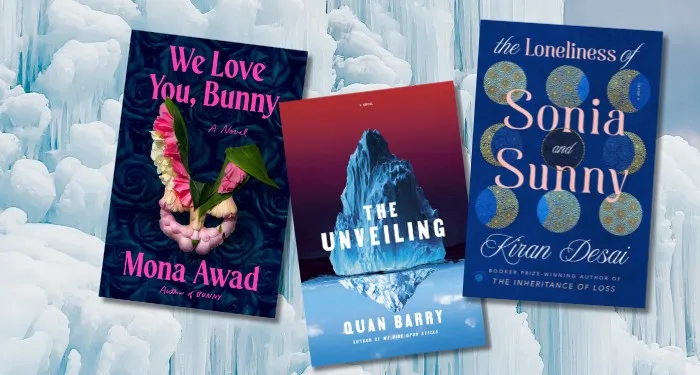

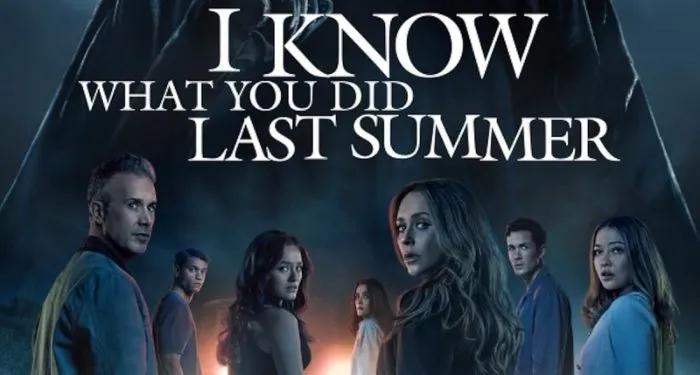
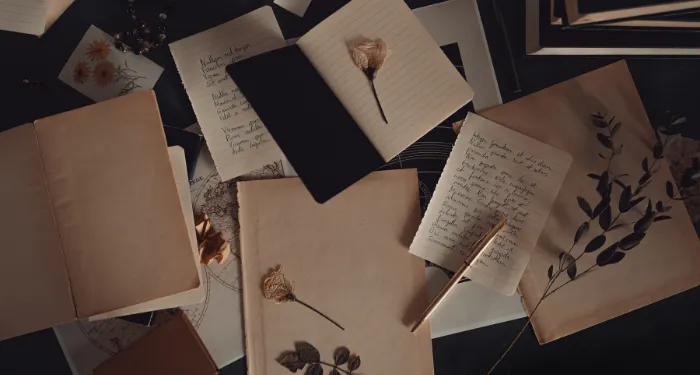







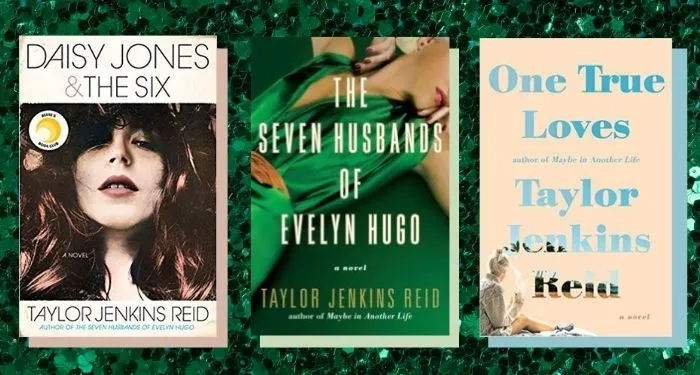

 English (US) ·
English (US) ·